Dementia safety is a concern for everyone who has a loved one with this disease. Keeping your family member safe can be very challenging, and your challenges will change as the disease progresses. Their understanding of hazards and risks will decline and eventually disappear, leaving it entirely up to you to keep them safe. This article reviews the top 4 areas of Dementia safety concerns, driving, home accidents, wandering, and falls.
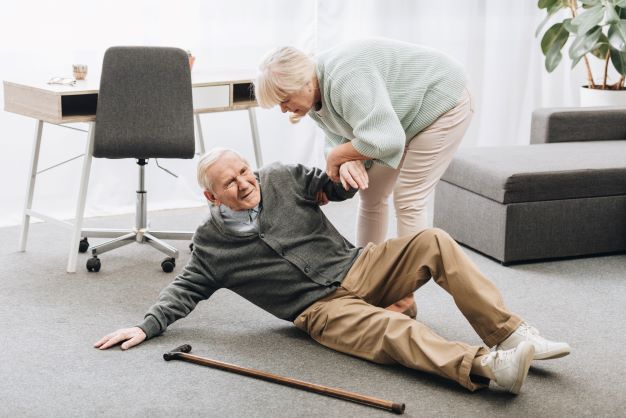
WHAT ARE IMPORTANT SAFETY CONSIDERATIONS FOR A PATIENT WITH DEMENTIA?
Dementia is not just about forgetting. The disease causes several changes in the brain and body that may affect safety. Depending on the type of the disease and stage, these changes can include:
Behavior: paranoid, suspicious, aggressive, or fearful
Judgment: unable to use tools or household appliances correctly
Sense of time and place: unable to find their way home
Physical ability: loss of balance
Senses: vision changes hearing, sensitivity to temperatures or depth perception
These changes make them at higher risk for injuries.

DO THOSE WITH DEMENTIA HAVE MORE INJURIES?
Studies show that more people with Dementia suffer injuries requiring hospitalization than older adults without Dementia. Dementia Safety can help prevent common injuries such as traffic accidents, accidental self-inflicted wounds, choking, accidental drug poisoning, and falls

WHY IS SAFETY IMPORTANT FOR DEMENTIA PATIENTS?
People with Dementia are more vulnerable to developing Delirium than other seniors. Dementia is a primary risk factor for Delirium. Delirium is when a person has sudden confusion or changes in mental status. It comes on quickly, as in hours or days, and it can be life-threatening if not treated.
When someone with Dementia suffers an injury and ends up hospitalized, they may develop Delirium. Not all Dementia patients bounce back from Delirium. They may become more confused and unable to return home.
The four most significant areas of concern for Dementia Safety are driving, home accidents, wandering, and falls.
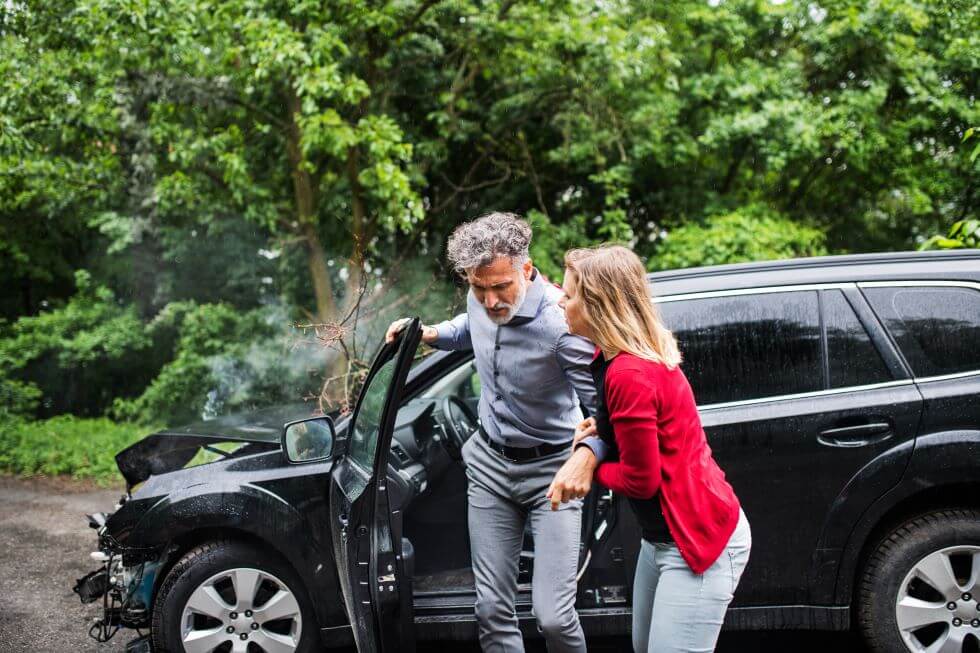
DRIVING IS THE FIRST DEMENTIA SAFETY CONCERN
Driving safety is usually a concern before there is a Dementia diagnosis. Family members question the wrong turns and wonder if there is a memory problem. Determining if someone is safe to drive is difficult for family members; the family doctor will often help with this responsibility.
It is challenging for a person with Dementia to give up their independence. Driving is the last bit of freedom they have. When they can no longer drive, they depend entirely on someone else. Many men have a more challenging time letting go of driving than women do.
One of the most concerning reports I found is people with Dementia are 2–10 times more likely to die from traffic accidents than people without Dementia.
On a side note, remember when they are still driving and have Dementia, it is not only their lives at risk but other drivers or pedestrians who may be in the way when they cannot respond quickly enough.
Here is a Dementia safety driving video with more information and the facts and statistics found HERE

YOUR HOME IS THE SECOND DEMENTIA SAFETY CONCERN
Home safety covers every room in the house. Most accident injuries occur in the house. This Home Safety Checklist will help you review each room and identify danger areas. The kitchen Safety and the bathroom are the areas where most accidents occur. Many of these accidents are preventable with a few changes.
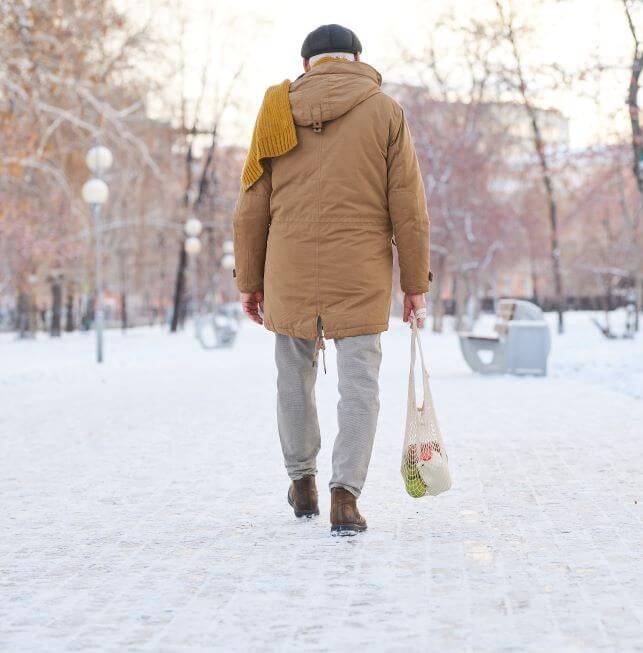
WANDERING IS THE THIRD AREA FOR DEMENTIA SAFETY CONCERN
Keeping a family member with Alzheimer’s disease safe in the Wandering Stage can be quite trying, especially if your family member keeps trying to go outside. The world outside the home can be dangerous for someone with this disease. However, there are ways to distract them and deter them from trying to get outside.
Often family members don’t understand the extent of the disease. For example, your loved one may be able to carry on a conversation with you, but that does not mean they can process thoughts correctly.
I have seen family members get angry because they expect more than the person with the illness can do. They don’t mean to wander off. Often they will forget they are retired and try to leave the house to go to work. I have had 90-year-old women think they needed to get ready for school.
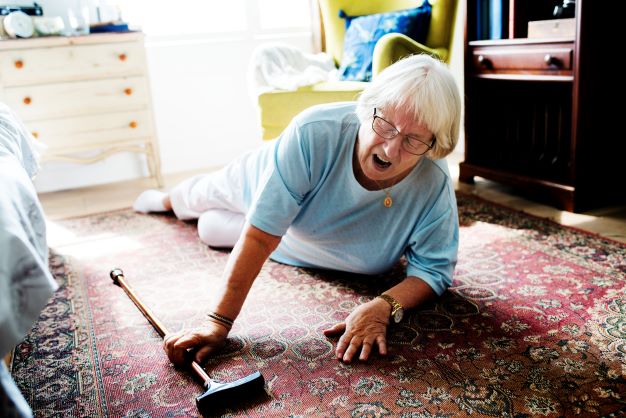
FALLS ARE THE FOURTH AREA OF DEMENTIA SAFETY CONCERN
Another area of concern with Dementia safety would be that of falls. As the disease progresses, their sense of balance may worsen, causing an unsteady gait.
There may be areas in your house that could cause a fall for someone who no longer has good balance or judgment. For example, often rugs that have been in place for years are now trip hazards.
Preventing falls should be one of your highest priorities. A fall can lead to many complications and a rapid decline. However, there are many ways to improve Dementia safety in your house.
Print the Home Safety checklist and go through your house with the eyes of a visitor, and you may be surprised at how many risk areas you find.
In conclusion,
There are so many different areas to worry about with Dementia safety, but it really is easy to create a safe environment in your home. It just takes a little time and guidance.
Start with focusing on the four most significant areas of concern for Dementia Safety; driving, home accidents, wandering, and falls.

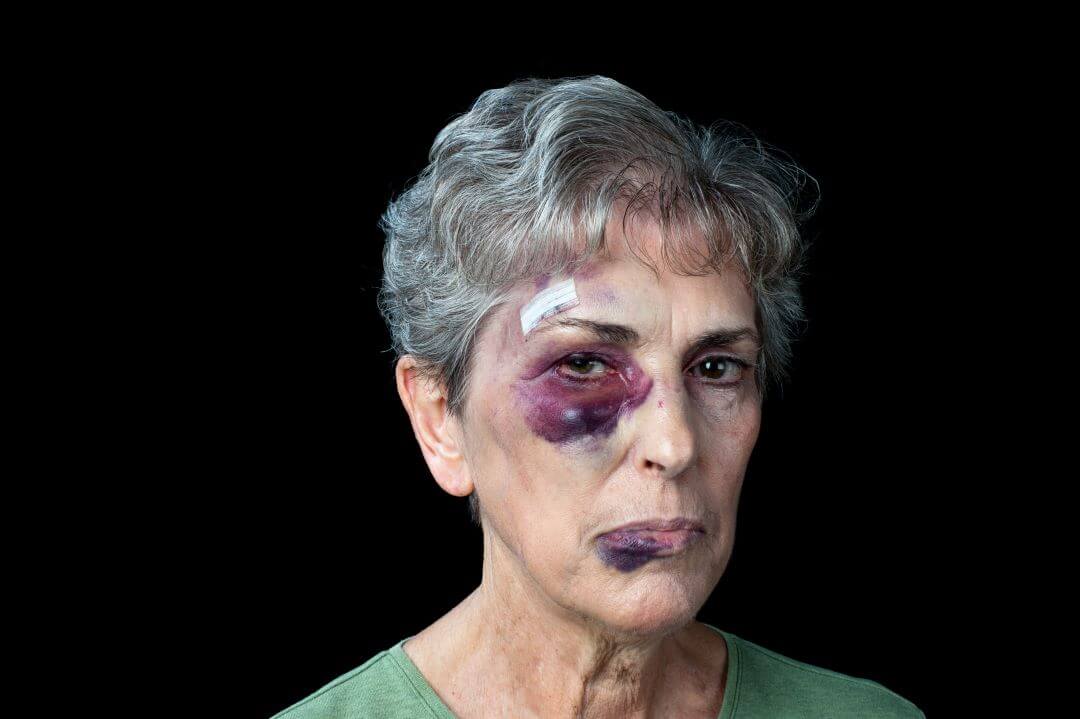






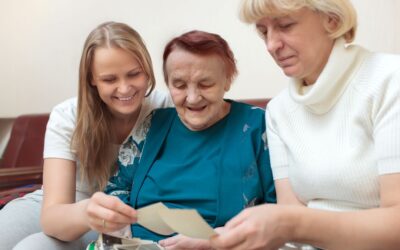
0 Comments